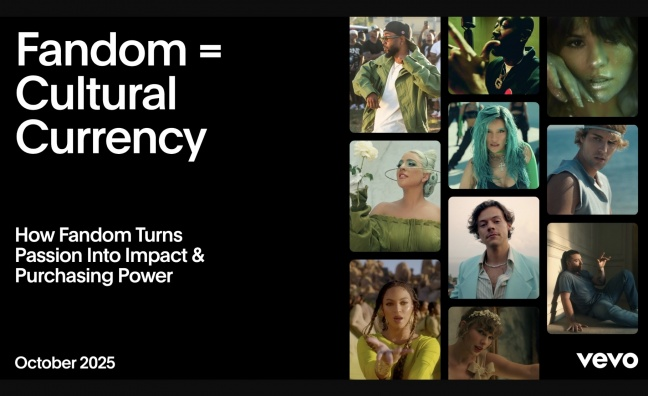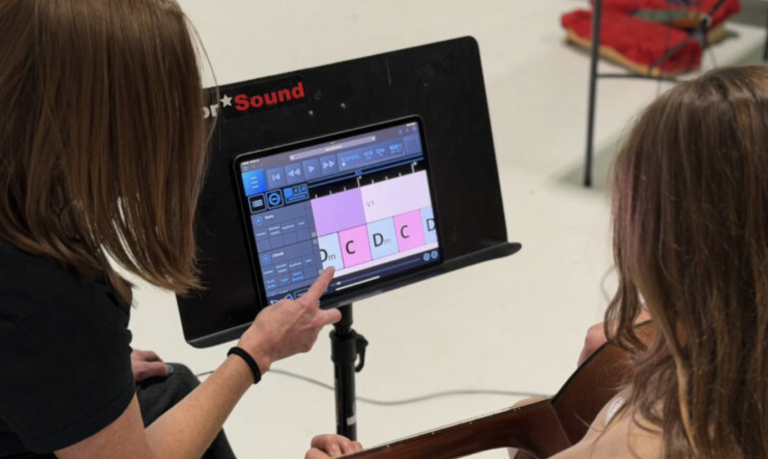
Music fandom is no longer just about listening—it’s about identity, influence, and connection. Vevo’s latest report, Fandom = Cultural Currency, dives deep into how fan passion shapes culture and drives consumer behavior. Based on surveys of over 6,000 fans across the US, UK, and Australia, the study reveals that fandom is a powerful force that brands and artists must understand to stay relevant.
Definition Through Music
To begin with, the report shows that fandom is central to how people define themselves. An overwhelming 96% of respondents identify as part of a fandom, and nine in ten say it’s core to who they are. According to Natasha Potashnik, Vevo’s head of data, research & measurement, “Fandom today is more than a personal interest, but a cultural signal.” Music videos, she explains, are at the heart of this expression. They serve as a canvas for identity, representation, and emotional connection. Furthermore, fandom doesn’t exist in isolation—it overlaps with other passions like sports, gaming, fashion, and film, creating a rich, multidimensional cultural landscape.
In addition to shaping identity, fandom also influences spending habits. Fans don’t just consume content passively—they actively engage with it across platforms and make purchasing decisions based on their loyalty. For instance, two in three fans are influenced by ads around music videos, and 64% are more favorable toward brands that align with artists. Moreover, 69% say they are more likely to spend on brands that support their communities. JP Evangelista, Vevo’s SVP of content, programming & marketing, reinforces this point: “As media consumption becomes more fragmented, fandom remains a unifying force. For artists, it’s the foundation of career longevity. For brands, it’s a gateway to relevance.”
Music Videos as Cultural Connectors
Music videos, in particular, emerge as cultural currency. A striking 83% of fans see them as essential to pop culture. Additionally, 76% believe they reflect the diversity of the world, while 64% say they represent all aspects of their identity. These findings suggest that music videos are more than entertainment—they are tools for self-expression and social connection.
In conclusion, Vevo’s report makes a compelling case: fandom is a cultural and commercial force that cannot be ignored. For artists, it offers sustainability and deeper engagement. For brands, it provides a direct path to consumer loyalty and cultural relevance. As media continues to fragment, tapping into fandom is not just smart—it’s essential for building lasting connections in today’s dynamic entertainment landscape.








